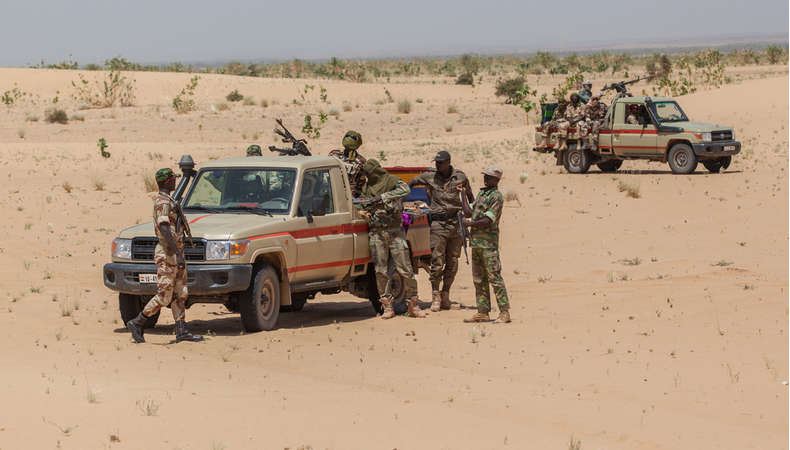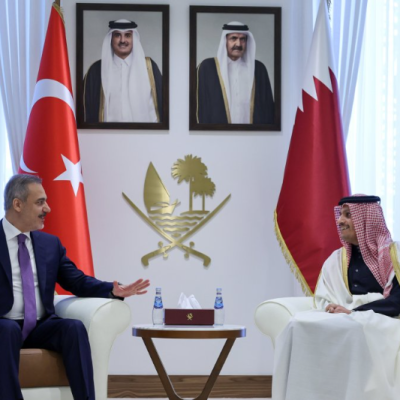Threats to the peace process in Libya

The United Nations announced yesterday that it is examining the “worrying” reports from Libya, urging the parties to respect the ceasefire agreements to ensure the success of the ongoing political dialogue led by the Special Representative Stephanie Williams.
“We have seen disturbing reports, and we urge the Libyan parties, and those foreign powers who influence them, to ensure the continuation of the cessation of hostilities,” said the organization’s spokesman Stephane Dujarric on Monday. The UN official commented on the traces of the Libyan political dialogue, saying that it is progressing well, without referring to reports that the forces of the General Command have increased their military preparation, adding that the UN organization has no evidence on the violation of the ceasefire.
The new UN appeal to the Libyan parties follows the accusation against the Tripoli- based Government of National Accord (GNA)’s forces of violating the truce in the Southern city of Ubari. Previously the GNA Defense minister, Salah Al-Din Al-Nimroush, threatened to withdraw from the agreement as tensions in the village escalated last weeks among local armed groups, some affiliated to the GNA and others with the self-stilled Libyan National Army (LNA) under the command of Khalifa Haftar.
The spokesman for the LNA General Command, Ahmed Al-Mismari, said that what happened last Sunday in the Ubari area “was not a new military operation”, describing the dispute as a simple misunderstanding among the officers present in the field. However, this is not the first threat to political dialogue by the GNA. In his recent visit to Egypt, French President Emmanuel Macron denounced the continued presence of Turkish mercenaries in support of groups affiliated with the Tripoli government.
Macron also criticized the fact that Russian mercenaries alongside the LNA, presumably belonging to the Wagner group, have not yet left Libya. According to numerous reports, Turkey is continuing to send mercenaries and equipment to Libya, despite the international community working on a peaceful solution to the crisis in the North African country. The Political Working Group (PWG) of the International Follow-up Committee on Libya (IFCL) met on 3 December 2020 to review the progress achieved thus far with regards the Libyan political track and consider how participants of the Berlin process can further support these efforts.
The Co-ChairsAlgeria, Germany, the League of Arab States and UNSMILwelcomed the successful conclusion of the Libyan Political Dialogue Forum (LPDF) in Tunis on 15 November, resulting in three outcome documents: Roadmap for the Preparatory Phase of a Comprehensive Solution; Chapter on Eligibility for Candidacy for the Executive Authority; Chapter on Unified Executive Authority.Thus, opening the way for a Libyan-led and Libyan-owned process towards holding presidential and parliamentary elections and a reunified and fully sovereign Libya free of all forms of foreign military intervention and external interference.
The group called on all Libyan stakeholders to support the outcomes of the political dialogue as a first step towards the restoration of a unified and legitimized executive authority. Encouraged all participants to the LPDF to swiftly agree, under the auspices of UNSMIL, on the modalities that would allow for the establishment of the restructured Presidency Council and new Government. Referring to GNA Defense minister statement, UNSMIL invited all parties to exercise moderation in public statements and refrain from hate speech and escalatory rhetoric.




